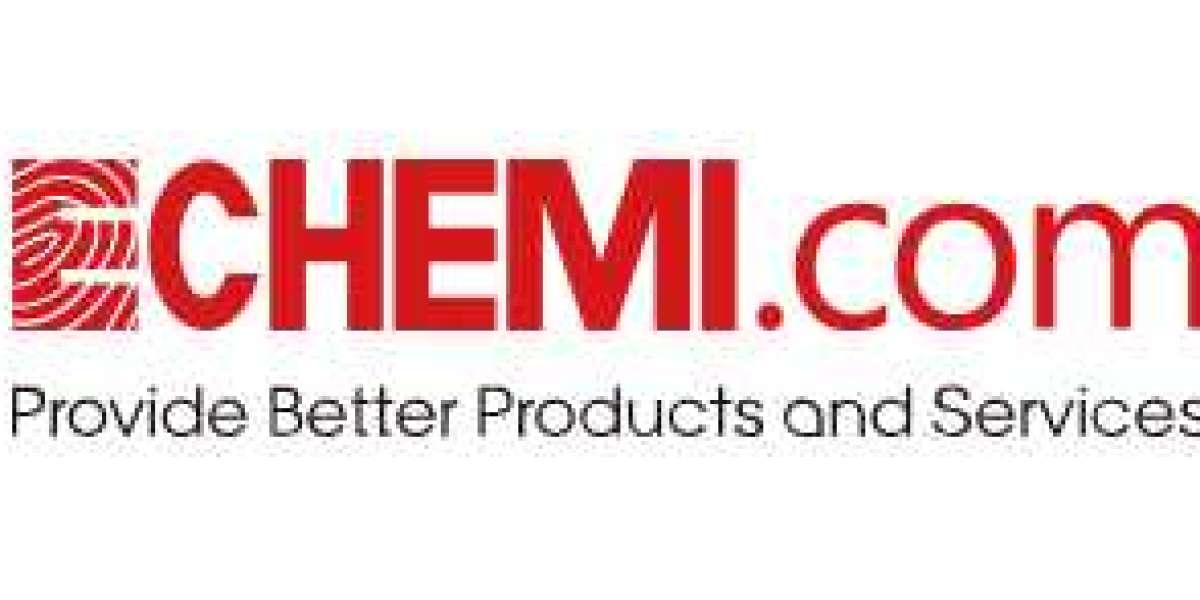Compliance standards play a pivotal role in the chemical supply chain, ensuring the safety, quality, and regulatory adherence of chemical products from manufacturing to distribution. These standards are designed to uphold industry best practices, protect public health and the environment, and promote transparency and accountability in the chemical sector.
chemical supply companies are required to comply with a range of regulatory frameworks and standards to ensure the safe handling, storage, transportation, and disposal of chemical products. Key compliance areas include:
Regulatory Compliance: Adhering to local, national, and international regulations governing chemical production, labeling, packaging, and distribution. Compliance with regulations such as REACH (Registration, Evaluation, Authorization, and Restriction of Chemicals) in the EU and OSHA (Occupational Safety and Health Administration) standards in the U.S. is essential to ensure legal operations.
Quality Standards: Meeting industry-specific quality standards, certifications, and specifications to guarantee the purity, potency, and consistency of chemical products. Quality standards such as ISO 9001 for quality management systems and Good Manufacturing Practices (GMP) ensure that products meet stringent quality requirements.
Safety Protocols: Implementing robust safety protocols, risk assessments, and emergency response plans to prevent accidents, minimize occupational hazards, and protect employees, communities, and the environment from potential harm. Safety standards such as OSHA's Hazard Communication Standard (HCS) guide the safe handling and use of hazardous chemicals.
Environmental Regulations: Complying with environmental regulations related to waste management, emissions control, pollution prevention, and sustainable practices. Environmental standards such as ISO 14001 for environmental management systems help companies reduce their environmental footprint and promote sustainable operations.
Ethical Sourcing: Ensuring ethical sourcing practices by verifying the origin and integrity of raw materials, promoting fair labor practices, and avoiding sourcing from suppliers engaged in unethical or illegal activities. Ethical sourcing standards help uphold corporate social responsibility and ethical business conduct.
Data Security: Safeguarding sensitive data, intellectual property, and confidential information through data protection measures, cybersecurity protocols, and compliance with data privacy regulations such as GDPR (General Data Protection Regulation) in the EU and CCPA (California Consumer Privacy Act) in the U.S.
By adhering to compliance standards, chemical supply companies can uphold integrity, mitigate risks, build trust with customers and regulators, and demonstrate a commitment to responsible business practices. Compliance not only ensures legal and ethical operations but also fosters a culture of accountability, sustainability, and continuous improvement in the chemical supply chain. Prioritizing compliance standards is essential for companies to navigate regulatory complexities, protect stakeholders, and uphold industry best practices in a dynamic and evolving regulatory landscape.






